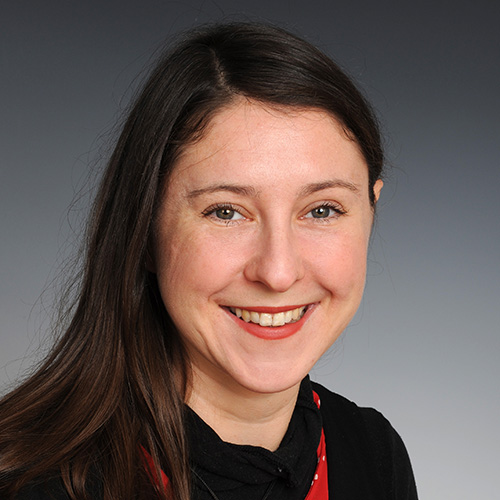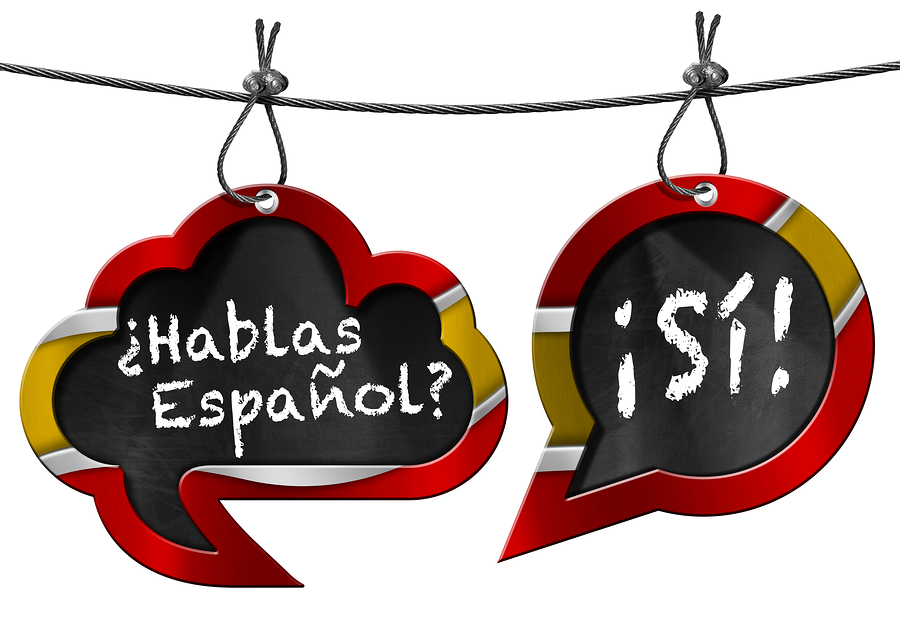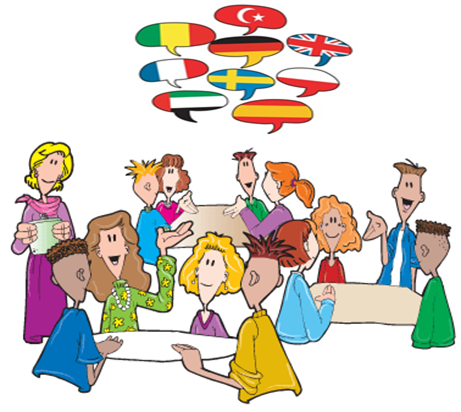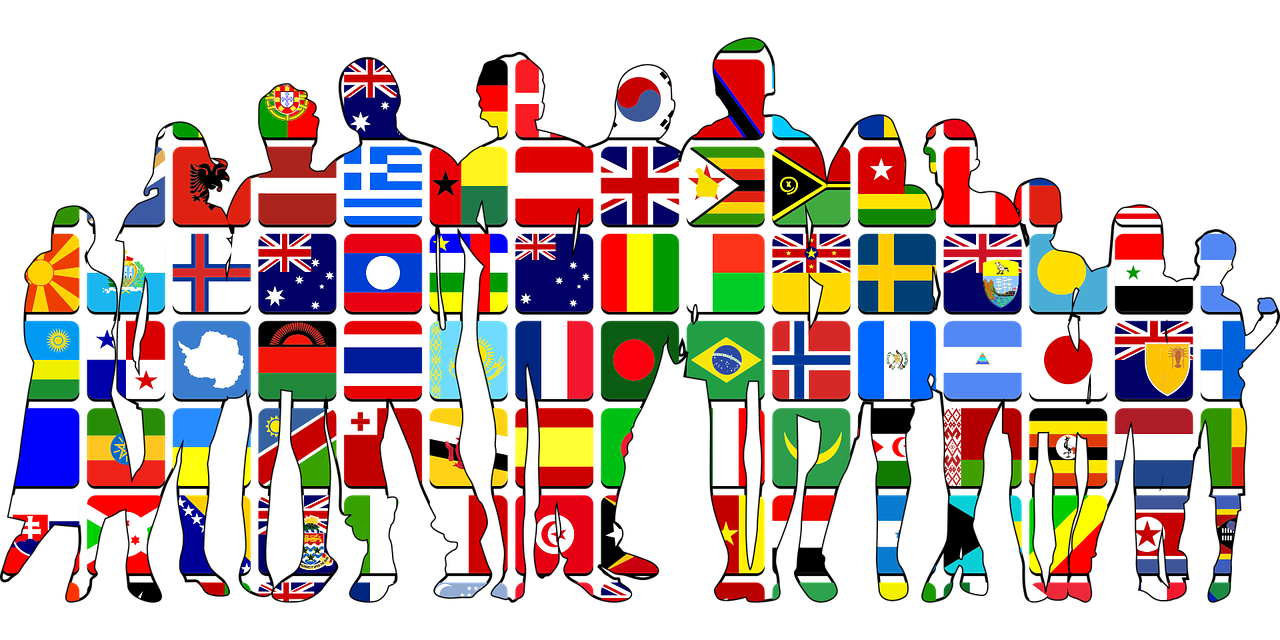Notes: Consultancy Associate - Science and Engineering
 I'm Claire Pembleton, MA Interpreting and Translating. I am a Consultancy Associate (Science and Engineering) at Edinburgh Innovations.
I'm Claire Pembleton, MA Interpreting and Translating. I am a Consultancy Associate (Science and Engineering) at Edinburgh Innovations.
What languages have you studied?
I studied Spanish and German through school and at university. My degree was Interpreting and Translating (Spanish/German/English). I had a year abroad as part of my training - 6 months in Granada, Spain and 6 months in Graz, Austria. I have continued to keep up Spanish ever since, and also learnt Korean when I lived in South Korea for a year.
Why did you choose these languages?
I chose Spanish instead of French at school because I was attracted to the Spanish language - both to the way it sounds and to the culture and way of life in Spanish speaking countries. It is one of the languages most spoken in the world and I thought there would be opportunity for work and travel knowing Spanish. I chose German as it was the other language offered at my school.
both to the way it sounds and to the culture and way of life in Spanish speaking countries. It is one of the languages most spoken in the world and I thought there would be opportunity for work and travel knowing Spanish. I chose German as it was the other language offered at my school.
Why is language learning important?
 I think learning languages gives you skills you can use in any discipline - listening and communication skills, diplomacy, cultural awareness and cultural sensitivity. I work with scientists, mathematicians and programmers now, and many come from overseas, with languages. They have had opportunities in the world of research and work because they have learned another languages (English), and this works for English speakers too.
I think learning languages gives you skills you can use in any discipline - listening and communication skills, diplomacy, cultural awareness and cultural sensitivity. I work with scientists, mathematicians and programmers now, and many come from overseas, with languages. They have had opportunities in the world of research and work because they have learned another languages (English), and this works for English speakers too.
Personally, I have applied the skills I have developed through learning languages to teaching, management and sales - in each of these disciplines you have to be skilled at getting to know people.
Language skills can give you the confidence to work and study overseas, which I have done extensively in Europe, Asia, Australasia and South America. Having come back to Scotland, employers appreciate my international experience. Engaging with companies and institutions in other countries is really important for businesses, and living abroad can give you valuable skills.
Where have languages taken you?
Languages have enabled me to live in five different countries, for a total of 14 years. Having language skills meant I was self-sufficient and confident in new environments. For example, I lived in Ecuador teaching English. When I travelled around the country, my Spanish meant I could take care of myself, make friends easily, learn about the history, culture and politics of my new home, and cope with the living and working environment there. I worked as a freelance teacher and negotiated my contracts in Spanish. Without knowing the language, I wouldn't have had the confidence to branch out on my own.
meant I was self-sufficient and confident in new environments. For example, I lived in Ecuador teaching English. When I travelled around the country, my Spanish meant I could take care of myself, make friends easily, learn about the history, culture and politics of my new home, and cope with the living and working environment there. I worked as a freelance teacher and negotiated my contracts in Spanish. Without knowing the language, I wouldn't have had the confidence to branch out on my own.
What memorable moments have you had with languages?
 I have met so many amazing people - people who I consider close friends - across different countries. I have visited beautiful cities and amazing landscapes - some of my favourite include the remote island of Yakushima in Japan, the idyllic Ecuadorian coast and the student life I experienced in Andalucia, Spain. If you like the idea of travelling and making new friends, you should learn at least one language. It will take you so much further.
I have met so many amazing people - people who I consider close friends - across different countries. I have visited beautiful cities and amazing landscapes - some of my favourite include the remote island of Yakushima in Japan, the idyllic Ecuadorian coast and the student life I experienced in Andalucia, Spain. If you like the idea of travelling and making new friends, you should learn at least one language. It will take you so much further.
Have languages enhanced your employability?
Yes, I see this every day working in a university setting. It's such an international environment and there are opportunities for those with language skills to get more interesting projects. They are able develop specialisms and collaborations with people across the globe, rather than being restricted by their own location and setting. The life experience and confidence you gain from living and working overseas gives you a competitive advantage when looking for jobs, and if you want a career in an international industry like science, academia, business or finance, language skills can be crucial.
opportunities for those with language skills to get more interesting projects. They are able develop specialisms and collaborations with people across the globe, rather than being restricted by their own location and setting. The life experience and confidence you gain from living and working overseas gives you a competitive advantage when looking for jobs, and if you want a career in an international industry like science, academia, business or finance, language skills can be crucial.
Return to Job Profiles